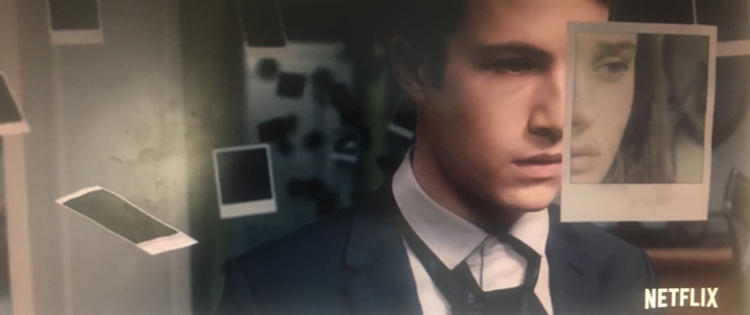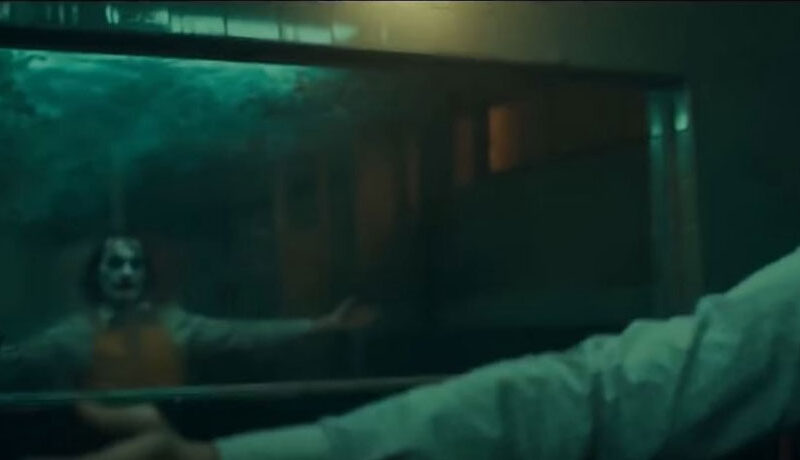
Is it ok to let my child watch the second season of 13 Reasons Why?
Is it ok to let my child watch the second season of 13 Reasons Why? https://mediatrics.com/wp-content/uploads/2018/06/13RW2.png 750 315 Mediatrics Mediatrics https://mediatrics.com/wp-content/uploads/2018/06/13RW2.pngQ: My fourteen-year-old wants to watch the new season of 13 Reasons Why. Although she read the book, I didn’t allow her to watch the first season, given the controversy surrounding its depiction of suicide. I’m thinking that it might be ok for her to watch now that she is in high school and because I’ve read that this season is paired with resources and encourages teens to seek help if they are struggling. I’m still conflicted about her watching something so graphic and that it is rated for “mature audiences”, but I’m confused because it seems to be made for teens? Is it ok for her to watch?
~ Reaching for Reasons, Boston, MA
A: Dear Reaching,
It’s wonderful that you and your daughter openly communicate about media that interest her and that you are thinking this through together. Realistically, if your daughter wants to see the show, she’ll figure out a way to watch it, if not at home, then most likely at a friend’s house or at school. My suggestion to you is to talk with her about why she wants to watch 13 Reasons, share with her your concerns, and then agree to watch the show together.
Co-viewing, or watching together, will allow you to discuss the show with your daughter and address her concerns or questions. See this as an opportunity to use key media literacy skills and help her deconstruct the message. Don’t be afraid to pause the show when you think further discussion is needed, or if something is clearly disturbing your daughter. Ask her questions like “What is happening with these characters?” “Do you think that situation is realistic?” and “What isn’t being shown here?”
If your daughter resists watching and discussing the show, point out that the 13 Reasons Why producers specifically encourage this type of viewing, and even offer a Discussion Guide. Emphasize the point made in the show by Courtney’s father when he says, “Movies and shows are a wonderful way to open up a dialogue.” Additionally, reviewing the content on the show’s companion website and reading episode descriptions can help prepare you to talk about the difficult topics that the show covers.
As with the first season of 13 Reasons Why, the second season touches upon difficult subject matter and presents situations and characters in ways that are problematic. Remind her that 13 Reasons Why is a work of fiction and has fantastical elements that should not be thought of as true to life (a character coming back from the dead as a ghost), realistic (not suffering the full consequences of being physically or psychologically victimized), or a reasonable and safe choice (stopping a school shooter on one’s own). Identify and discuss with her the trusted adults in her life with whom she can turn to should she need immediate help, such as a school counselor, teacher, coach or relative – use this as an opportunity to combat the impression she may get from the show, that most adults, even mental health professionals, cannot be trusted or are too preoccupied with their own lives to be bothered to help.
Given recent celebrity suicides, it is critical to discuss with your daughter two aspects of suicide that, because they cannot be shown visually, are not fully explored in 13 Reasons Why. Depression, sometimes as a down cycle in bipolar disorder, is the usual cause of suicide, not what others have done to the person (even if those actions may have contributed to the depression). And because the “demons” of depressions, the self-loathing, are inside the person, you may not see obvious signs that they are at risk. It is always better to ask the person if you can help or get help to them. It is always better to be blamed for violating their privacy than to attend their funeral.
Having research-based resources, put together by experienced clinicians, that can offer solutions and ways to seek help (for your daughter, as well as any of her friends) is helpful:
- Mind Your Mind: Mental Health
- Center for Young Women’s Health: Suicide Prevention
- Center for Young Women’s Health: Safety in Relationships
- Young Men’s Health: Dating Violence
- Scarleteen: Dealing with Rape
- Center for Young Women’s Health: Bullying and Cyberbullying
Finally, use watching the show as an opportunity to connect with your daughter and remind her that you are there, no matter what she or her friends are dealing with at school or at home. Maintaining and modeling open communication with her, so that she can safely share her worries, vulnerabilities and “demons” is the most protective strategy for preventing suicide.
Enjoy your media and use them wisely,
~ The Mediatrician




